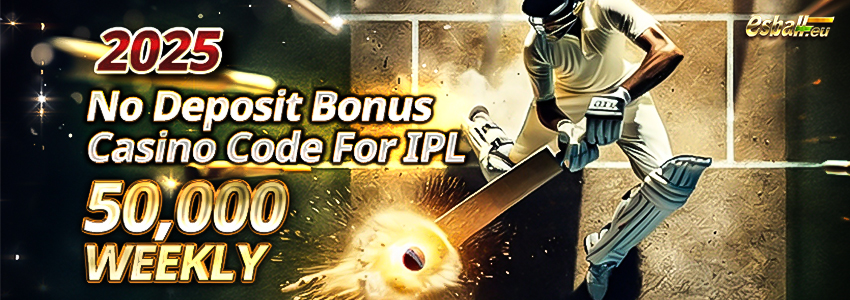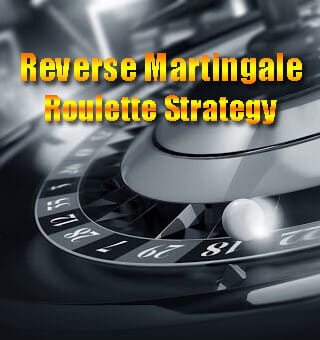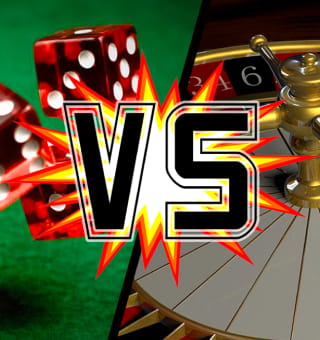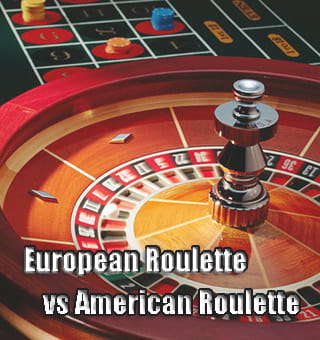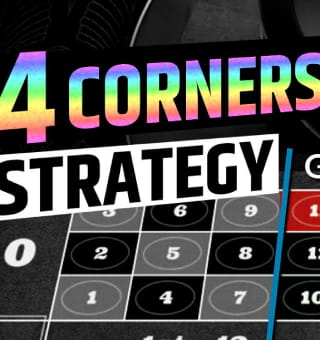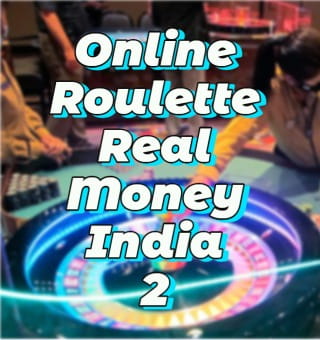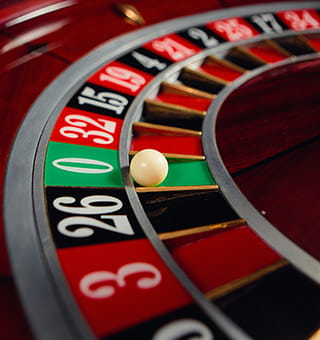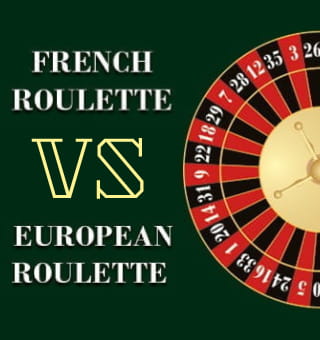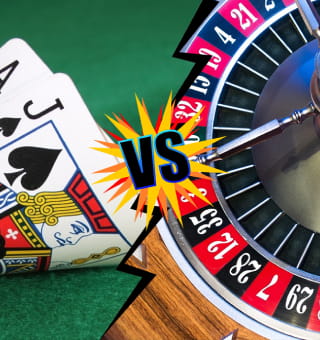
A Guide to Choosing Between Roulette and Blackjack
As two of the most popular casino games, blackjack and roulette are often pitted against each other. But which one is better? The answer is not so simple, as both games have their own unique characteristics that make them appealing to different types of players. In addition to comparing odds, factors like fun, excitement, strategy, and risk control must also be considered. In this article, we'll take a closer look at how these games stack up against each other, but ultimately, it's up to each individual to determine which game is the right fit for them.
Choosing Between Roulette and Blackjack Game Introduction
As two of the most popular casino games, blackjack and roulette are often pitted against each other. But which one is better? The answer is not so simple, as both games have their own unique characteristics that make them appealing to different types of players. In addition to comparing odds, factors like fun, excitement, strategy, and risk control must also be considered. In this article, we'll take a closer look at how these games stack up against each other, but ultimately, it's up to each individual to determine which game is the right fit for them.

Variations, Odds, And Hourly Losses
To start, we will discuss the technical disparities between the two games, such as the numbers, game variations, and how they impact the gameplay and your probability of winning. Additionally, we will cover the average odds of winning each game based on these and other factors.
Different Variations
To begin with, both roulette and blackjack come in multiple forms, each with unique differences that can impact your chances of winning. For instance, in roulette, American and European versions are the two primary variations, which differ in the number of pockets on the roulette wheel. The American version has an additional double-zero pocket compared to the European version, resulting in higher odds of losing and twice the house edge. However, the European version has an option called "en prison" that can reduce the house edge to 1.35% by putting even-money bets into prison until the next round.
As for blackjack, the house edge can range from 2.5% to 4% at some casinos, with the highest house edge being in 6/5 games. Employing a good strategy can help reduce the house edge, but players must make wise decisions throughout the game. In contrast, in roulette, players only need to choose a color or number, making it less strategy-dependent than blackjack.
Odds
Naturally, each game's different versions come with varying odds. However, the probability of winning a blackjack hand, even with perfect play, is only 42%, and in a fair game, it may rise to about 50%. To reduce the house edge to 0.5%, players need to employ a good strategy, maintain focus, have knowledge of strategy, and a bit of luck.
In roulette, players have a broad range of bets to choose from, but even-money bets tend to be the preferred choice of expert players. These bets allow players to wager on either odd or even numbers, as well as red or black fields. In the European version, which has only one green field for 0, the probability of winning if betting on red or black is 47.37%, while the house edge is 5.26%.
Playing the European variation reduces the house edge to 2.7%, and the version with the prison option can lower it further. Nevertheless, the blackjack house edge can drop to just 0.5%, which is much better than the best odds roulette can offer.

Roulette vs. Blackjack: Hourly Losses
When comparing the odds, winnings, and losses of blackjack and roulette, it's important to consider the concept of hourly losses. Casinos use a simple formula to estimate the profitability of games by multiplying the number of bets the average player makes per hour by the size of the average bet.
In blackjack, the average number of bets per hour is 100, but this can vary based on factors such as the number of players, dealer speed, and player decision-making speed. Assuming an average of 100 bets per hour at $5 per hand, the player's average hourly action is around $500.
For roulette, the average number of spins is 50, so if the player bets the same $5, their hourly action drops to $250. However, the house edge for roulette is 5.26%, compared to 0.5% for blackjack under perfect conditions for the player. This means that even though fewer games are played per hour in roulette, the expected hourly loss is $13.15, more than 5 times higher than in blackjack.
Roulette vs. Blackjack: The Player’s Experience
While winning and losing are important aspects of casino games, the social experience they offer is also a significant draw for many players. Playing these games often involves interacting with other players, which contributes to the overall atmosphere. Let's take a closer look at how these games compare in terms of social interaction.
Social Interaction Casinos are inherently social environments, where players can converse with strangers and play games with or against them. At blackjack tables, players often engage in conversation while comfortably seated, enjoying drinks, placing bets, and enjoying each other's company in a relatively quiet environment.
Since the blackjack table is not usually the most lively spot in the casino, it tends to attract a smaller crowd, making it easier for players to strike up conversations and enjoy themselves.
In contrast, the roulette table is often surrounded by a large crowd of spectators cheering as the ball spins around the wheel. Other players at the table can also be quite boisterous when the wheel spins and the ball is released.
However, with all eyes on the ball, players may not feel inclined to start a conversation with their peers. They become absorbed in the spins of the wheel and the ball's movements, making the roulette table a less than ideal location to initiate a conversation.
Roulette is there to give you an adrenaline rush
Roulette's lack of socializing opportunities through conversation can be attributed to its original design. The game was created to be thrilling and to attract a large audience, much like craps. Roulette is generally easy to comprehend, requires no strategic thinking, and only necessitates placing a bet. It is an excellent starting point for beginners, and they frequently feel the most comfortable playing this game as it provides a unique casino experience.
Despite being one of the slower-paced games in most casinos, the excitement of roulette makes it seem faster. Additionally, there is always a winner, and the audience is content with anyone winning, not just the same person repeatedly.
Conclusion
Blackjack and roulette are two popular casino games that share few similarities beyond their popularity and their availability in casinos. They differ in gameplay, pace, odds, player capacity, and other aspects. Comparing them is therefore somewhat unfair, as they are too dissimilar to determine which game is superior.
Ultimately, the choice between the two games comes down to the individual player and what type of experience they seek. Whether it is the exciting randomness of roulette or the calculated strategy of blackjack, the casino can accommodate all preferences. Therefore, the crucial question is what type of experience a player seeks when entering a casino.
If you're ready to put your roulette knowledge and skills to the test, try playing for real money at top online casinos. Esball eu online casino offers a variety of roulette games. Start placing your bets at the roulette table at Esball eu online casino right now.
🎁 Claim 2025 IPL Free Casino Bonus Now 🎁
Click the picture to unlock the promotion and receive your exclusive IPL Esball Casino Code Bonus No Deposit!
Don't miss out on your chance to claim up to 50,000 for FREE! Only valid from 3/24 to 4/20! ⏳
Roulette Strategy

